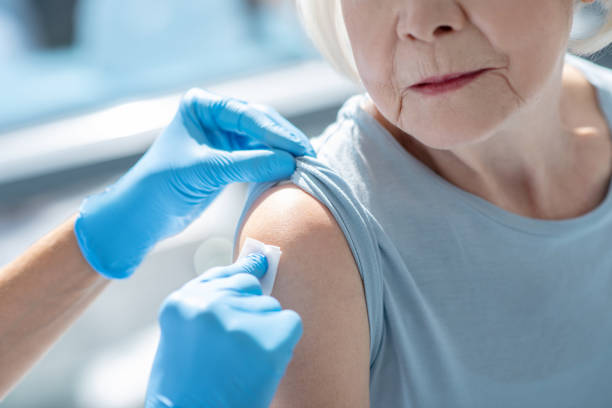
Compared with after a first COVID-19 illness, being re-infected with SARS-CoV-2, the virus that causes COVID, doubles the risk of later developing long COVID, or post-acute sequelae of COVID-19 (PASC) in children, teens, and young adults, according to a new preprint study posted on medRxiv.
The retrospective cohort study used data from the RECOVER consortium collected from 40 US children's hospitals from January 2022 through October 2023, when the Omicron variant was predominant. The study involved 465,717 patients 20 years old and younger with confirmed COVID-19 during the study period; the median age was 8 years. The study has not yet been peer-reviewed.
The population had a very low rate of long COVID, defined by the study authors as a diagnosis based on the International Classification of Diseases, Tenth Revision, Clinical Modification (ICD10-CM) U09.9 diagnosis code of PASC. Only 208 patients were diagnosed as having the condition after their first SARS-CoV-2 infection, with 134 long-COVID patients identified after their second infection. The rate per million patients per 6 months was 903 after the first infection and 1,884 after the second infection.
Higher rate of long COVID plus many specific conditions
Compared with the first COVID-19 infection, a second infection was associated with twice the increased risk of a long-COVID diagnosis (relative risk [RR], 2.08; 95% confidence interval [CI], 1.68 to 2.59). The second infection was also tied to a 50% or greater increase in several specific long-COVID conditions, including myocarditis (RR, 3.60), changes in taste and smell (2.83), heart disease (1.96), acute kidney injury (1.90), generalized pain (1.70), arrhythmias (1.59), abnormal liver enzymes (1.56), and fatigue or malaise (1.50).
These findings emphasize the ongoing risk of PASC with reinfection, regardless of severity.
"These findings emphasize the ongoing risk of PASC with reinfection, regardless of severity, and suggest that the risk of PASC may be cumulative with each successive infection," the study authors write.
"Given that vaccination has been shown to reduce the risk of PASC, these findings underscore the importance of reinforcing public health efforts to promote vaccination among adolescents and younger children."















